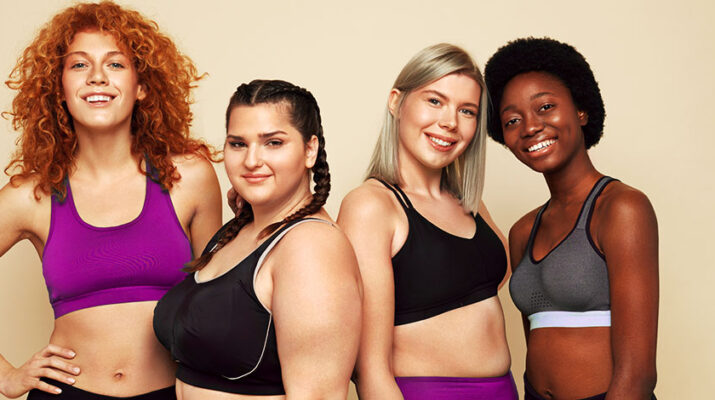By Deborah Jeanne Sergeant
In many ways, men and women have different health needs and issues. Area experts shared with us a few of the top issues women face.
Tips from physician Nelly Kazzaz, cardiologist, St. Joseph’s Health
• “Public education is most important to recognize that they need to allow professionals to make a diagnosis. Early medical care and recognition of these symptoms. Prevention continues to be the best type of treatment.
• “From the cardiovascular point of view, women tend to have atypical symptoms and are less likely to be viewed as cardiovascular. Unfortunately, that can lead to a higher death rate in women after the first 30 days after a heart attack.
• “Avoid mindless snacking and increase physical activity. It doesn’t have to be in gyms.
• “We have to make sure that we’re able to give ourselves self-care. We can’t pour from an empty cup. We need to provide women with the opportunity for good self-care. They should be able to visit their dentist colorado at least twice a year to maintain an optimal dental health. Private Dentistry services can also help improve women’s smiles through dental implants and other treatments which may boost their self confidence. Women’s mental health should also be a top priority. Meditation and quiet time are very important to improve our mental health. It has been proven that meditation is a great alternative to drug use.
• “Women can also practice gratitude and establish healthy habits as we move towards new normal.
• “Women need to know their numbers, if we don’t know our ideal weight, blood sugar, cholesterol, family history and our risk of developing heart disease.”

Tips from Elissa Gibbs, postpartum doula in Baldwinsville
• “For women who are new moms, some of the biggest issues are postpartum. In the US we have a big challenge of maternal health. Fifty-two percent of maternal deaths happen in the postpartum stage. Physical issues can occur within that first week that can go undiagnosed. Nineteen percent of those deaths occur within the first six days postpartum, from high blood pressure, bleeding and other issues related to delivery. The Commonwealth Fund’s study said in maternal deaths, the US led 11 of the other developed nations which took part in the study. Why are these issues happening? We have big challenges as far as how this country handles postpartum care. Women need support for physical and emotional healing. Insurance doesn’t always cover postpartum support. The in-home pieces aren’t always there to pull them out of it.
• “There’s a huge learning curve to becoming a mom. When you don’t have support in the home, it can be challenging. It’s not just depression and anxiety, there’s a spectrum of disorders. Some are ‘baby blues’ experienced by up to 80% of moms, up to serious ones like psychosis or bipolar disorder. There’s a lack of clear reporting of the numbers. We have a lot of stigma around mental health issues and a lot of women won’t discuss they’re going through something because they’re experiencing guilt. With the lack of reporting and treatment, if we talk about it, we can normalize it we can help them get help and support. If 10% of women have mood disorders postpartum, that’s 370,000 women.
• “Stress is a big issue. We have women who are juggling working at home and their kids’ schedules. That has a lot of emotional and health issues. We’ve seen a huge number of women leave the job market because of this past year. That can have a significant impact on mental health. If we can focus on quality maternal care and having insurance cover home visits for new moms, that can be a significant help in saving lives because of these disorders.”
Tips from Robert Berkley, doctor of physical therapy, Robert Berkley Physical Therapy, Oswego
• “Women experience a lot of incontinence, especially after childbirth. They think it’s normal. Their mothers maybe would tinkle when they would cough or sneeze. If you strengthen those muscles, you won’t. It’s about strengthening the muscles of the pelvic floor.
• Pain during intercourse is another issue. We can strengthen the walls so it’s not painful. Let’s say you put in a tampon wrong or you’re riding a bike, those muscles can spasm. Then intercourse won’t be comfortable. Pain during the monthly cycle should not be there. Teaching those muscles to strengthen can prevent this pain. Women who have any procedure or childbirth should consider getting IV Therapy in the Cleveland Area to help their body recover.

